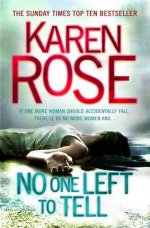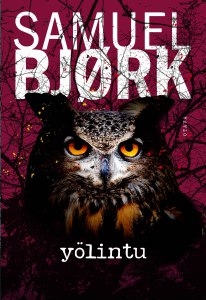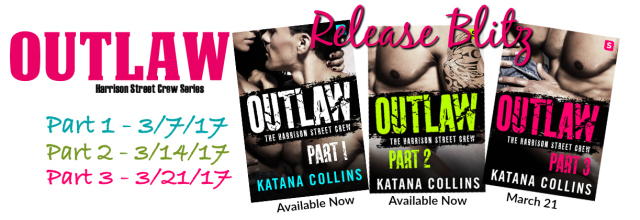From Boston to New York to Washington, D.C., many of the Geekettes attended Women’s Marches last Saturday. And wherever we go, our love of reading goes with us! Books can be transformative, introducing readers to new ideas and perspectives. So that’s why we decided to ask the people we met at the march about feminist books that impacted their lives. Here are some of our results:
March by John Lewis, Andrew Aydin, and Nate Powell — March is a three-book graphic novel memoir of the life of John Lewis, co-written with Andrew Aydin and illustrated by Nate Powell. Learn more about the Civil Rights Movement through this first-hand account by one of its major players, with ties linking it forward to the issues still facing us today. Read our full review here.
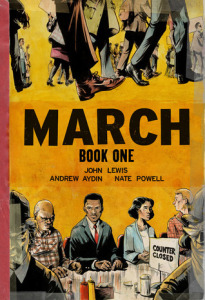
The Wee Free Men by Terry Pratchett — Described by my fellow marcher as, “women’s lib through a high fantasy lens,” Wee Free Men is the first of the Tiffany Aching books in Pratchett’s prolific Discworld universe. Nine-year-old Tiffany, empathetic and tough, joins a cast of other strong women and men to fight against monsters and protect her family and home. This book is appropriate for readers middle-grade and up.
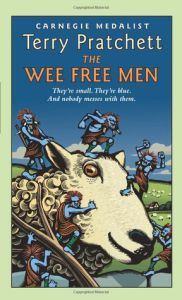
America’s Women: 400 Years of Dolls, Drudges, Helpmates, and Heroines by Gail Collins — This is not your average history book. Gail Collins brings the past to light and the women in it to life, from the Roanoke colony to the feminist revolution of the 1970s.
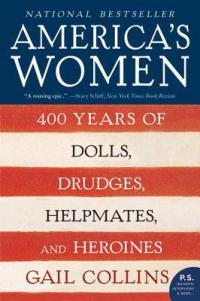
The Neapolitan Novels by Elena Ferrante — This fiction quartet was originally written in Italian and translated into English by Ann Goldstein. I love promoting works in translation because they are a little-read genre here in the English-speaking world, but they open up a whole new realm of possibilities and perspectives. This particular series tells the coming-of-age stories of two friends, Elena “Lenù” Greco and Raffaella “Lila” Cerullo as they grow up in a poor neighborhood near Naples.
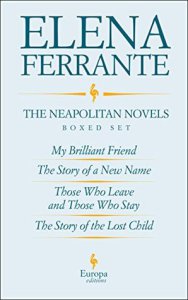
Every Day is a Good Day: Reflections by Contemporary Indigenous Women by Wilma Mankiller — This collection of experiences from nineteen different Native American women helps humanize and raise the voices of one of the most marginalized groups in America. The women come from a diverse array of professions and backgrounds, and discuss topics ranging from political to personal (or, perhaps more accurately, both at the same time).
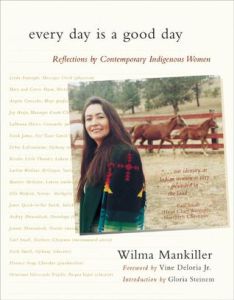
“The Empire Strikes Back: A Post-Transexual Manifesto” by Sandy Stone — While not a book like the others, this essay has become a seminal work of queer theory and certainly deserves its place on this list. Writing from a time when transgender voices were largely suppressed within the feminist movement, Stone presented a new philosophy.
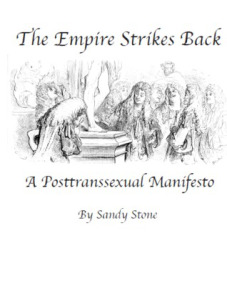
The Breadwinner by Deborah Ellis — The second children’s book on this list, The Breadwinner tells the story of an 11-year-old Afghani girl who dons the guise of the boy to become the sole breadwinner for her family. My fellow marchers described the plot excitedly to me as well as how great it was to read about strength and love in a culture we hear mostly negative things about in the news.
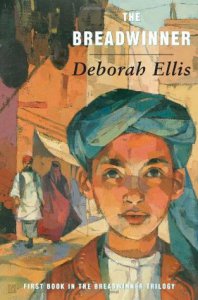
Blueprints for Building Better Girls by Elissa Schappell — A collection of short fiction written with Schappell’s iconic dark wit explores the connection between mothers and children and the transition from girl to woman.
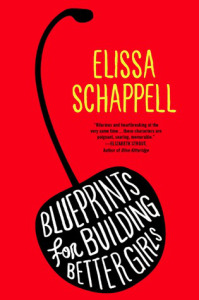
Little Brother by Cory Doctorow — Little Brother starts with a terrorist attack on San Francisco. When the protagonist and his friends are abducted for questioning, they begin to resent the government system, and fight back using X-Boxes.
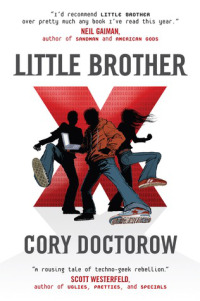
The Handmaid’s Tale by Margaret Atwood — In this terrifying dystopian novel, the majority of women can no longer give birth. The ones who still can are treated like property and raped by the wealthy men who can afford to keep a handmaiden in order to reproduce. This occurs after a 9/11-type of disaster following which the world goes into a type of martial law. The book was very frightening and way ahead of its time, since it was published in 1998.
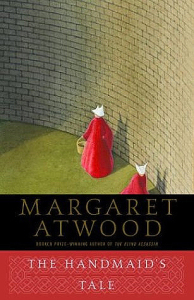
I am Malala: The Story of the Girl Who Stood Up for Education and Was Shot by the Taliban by Malala Yousafzai and Christina Lamb — Malala became a feminist icon when she was shot in the head at age fifteen for daring to attend school as a girl. Now, at age nineteen, she continues to be a powerful activist for girls’ education. She is an inspiration to many of the women who marched this week, and even ended up on a sign or two.
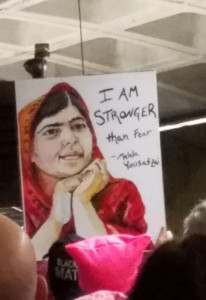 Photo by author. Text: “I am stronger than fear” – Malala Yousafzai”
Photo by author. Text: “I am stronger than fear” – Malala Yousafzai”
Did you attend a March? Whether you did or not, have you got a feminist book that impacted your life? Share your thoughts in the comments!
Advertisements Share this: